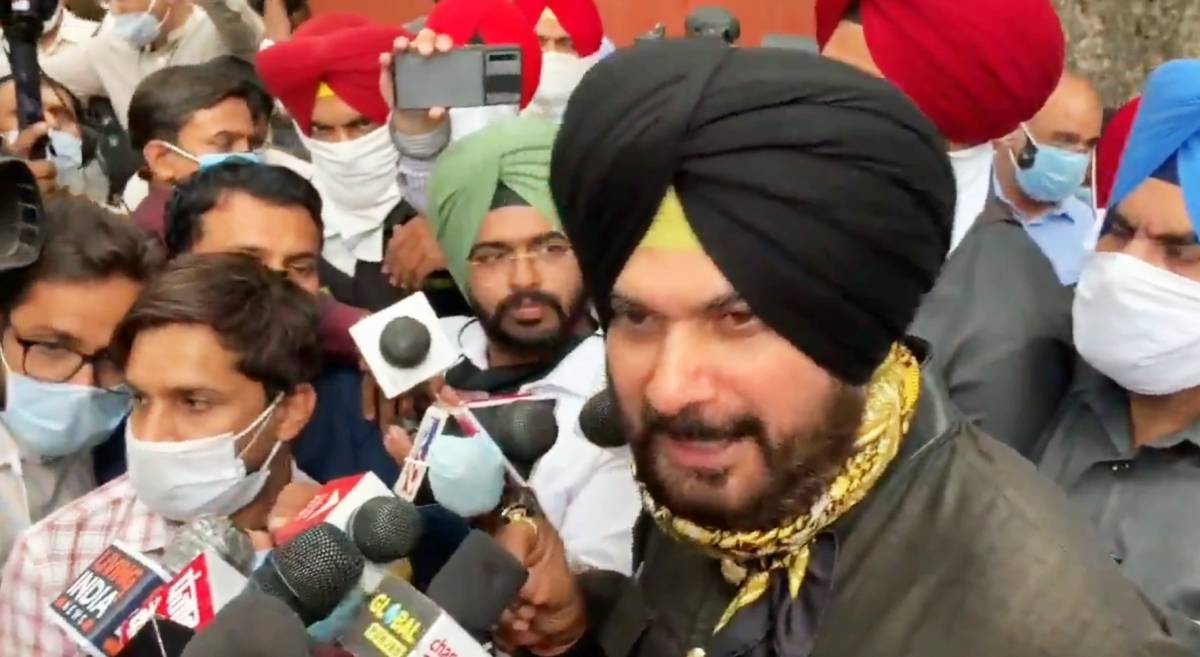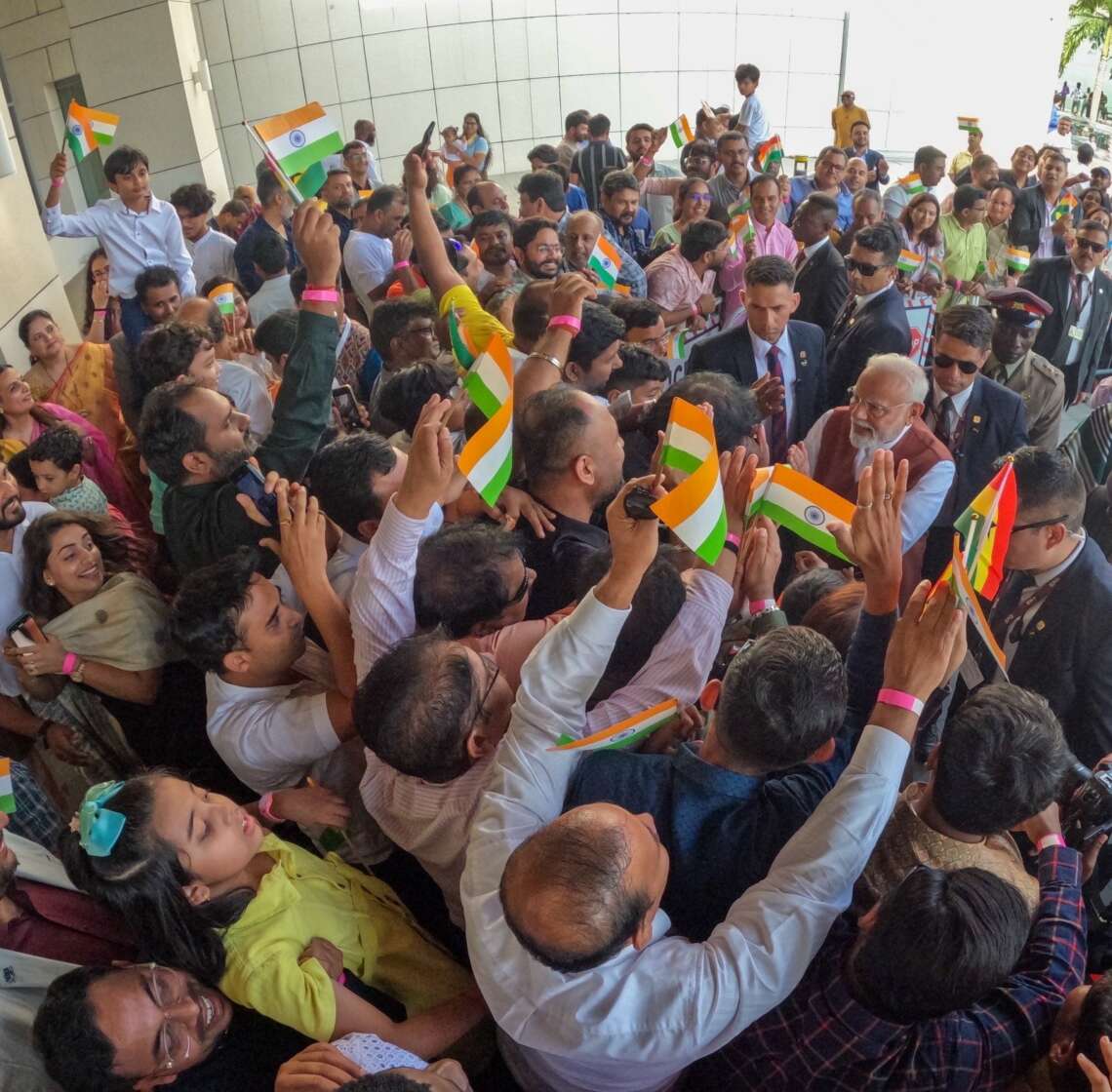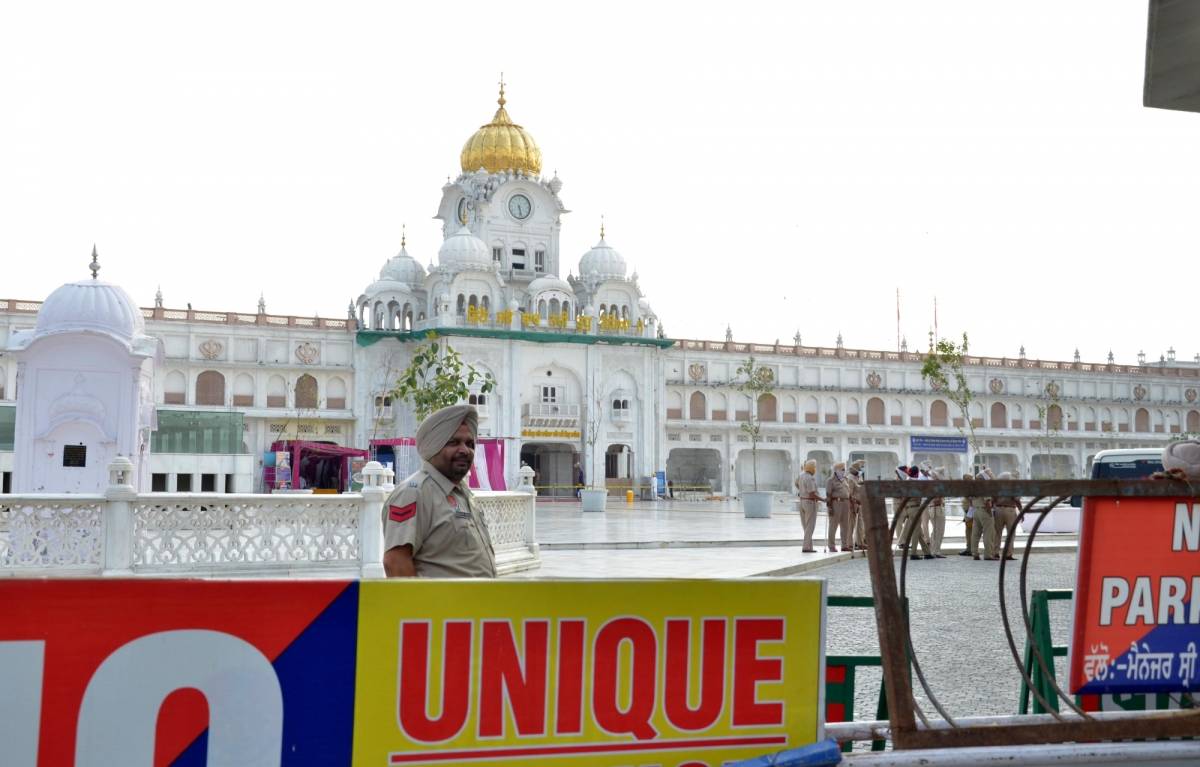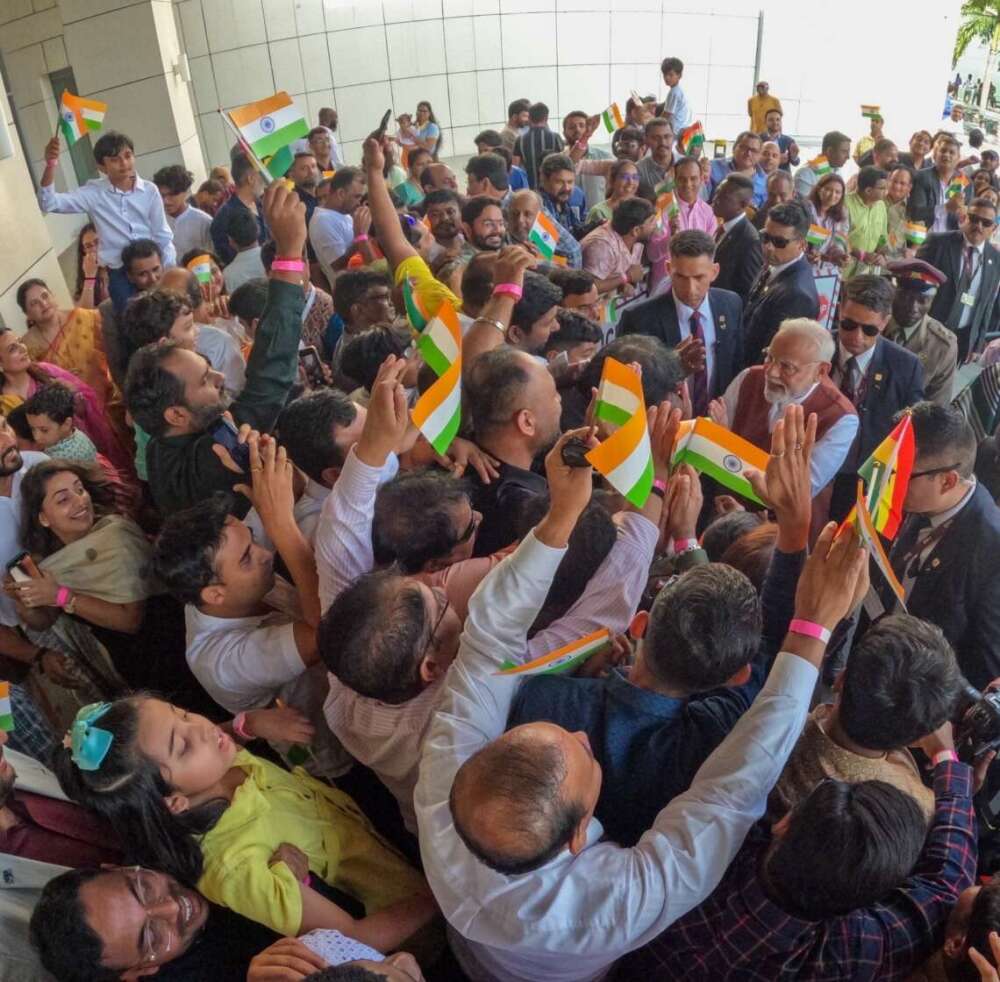It observed that indifference to the rights of the victim of crime is fast eroding the faith of the society in general and the victim of crime in particular in the criminal justice system…reports Asian Lite News
The Supreme Court on Thursday sentenced Congress leader Navjot Singh Sidhu to one year rigorous imprisonment in a 1988 road rage case, saying victims of crime are humiliated when the offender is let off with a relatively minor punishment.
In 2018, Sidhu was let off with a meagre fine of Rs 1,000. The review plea was filed by the family members of 65-year-old Gurnam Singh, who had died in the road rage incident involving Sidhu.
A bench of Justices A.M. Khanwilkar and Sanjay Kishan Kaul said: “A disproportionately light punishment humiliates and frustrates a victim of crime when the offender goes unpunished or is let off with a relatively minor punishment as the system pays no attention to the injured’s feelings.”
It observed that indifference to the rights of the victim of crime is fast eroding the faith of the society in general and the victim of crime in particular in the criminal justice system.
The bench pointed out that the sentencing philosophy for an offence has a social goal that the sentence has to be based on the principle that the accused must realise that the crime committed by him has not only created a dent in his life but also a concavity in the social fabric.
Allowing the review petition, the bench said: “We consider it appropriate to impose a sentence of imprisonment for a period of one-year rigorous imprisonment to be undergone by respondent No.1 (Sidhu).”
Citing the Dharmashastra on the aspect of punishment, the bench said: “The person dispensing justice, as per Dharmashastra, should prescribe a penance appropriate to the age, the time and strength of the sinner, the penance being such that he may not lose his life and yet he may be purified. A penance causing distress should not be prescribed.”
The bench also cited the words of Justice Benjamin Cardozo in Snyder v. Massachusetts, saying: “Justice, though due to the accused, is due to the accuser also. The concept of fairness must not be strained till it is narrowed to a filament. We are to keep the balance true.”
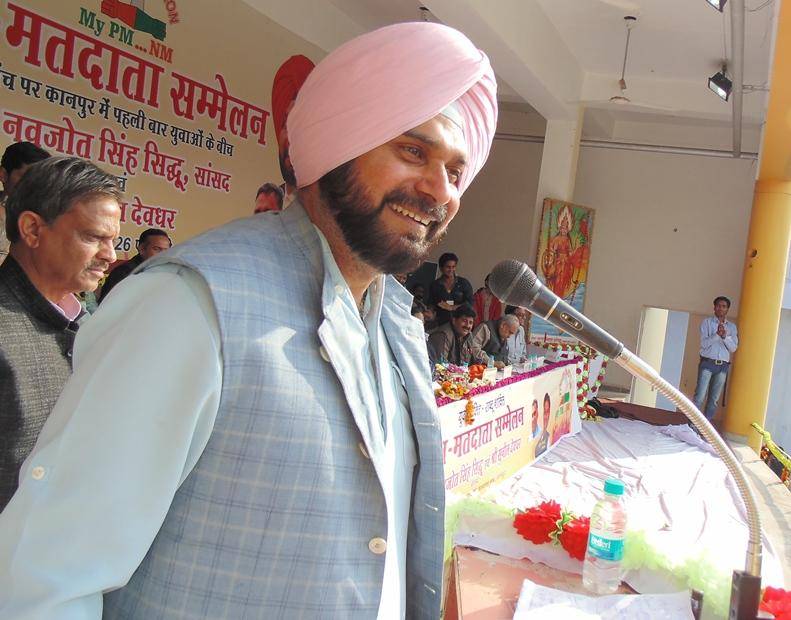
It noted that some material aspects which were required to be taken note of appear to have been somehow missed out at the stage of sentencing, such as the physical fitness of Sidhu, who was tall and well-built and aware of the force of a blow that even his hand would carry. It said among the factors to be taken note of are the “defenceless and unprotected state of victim” appropriate in the facts of the present case.
The bench further added that the blow was inflicted on a 65-year-old man and Sidhu cannot say that he did not know the effect of the blow or plead ignorance on this aspect.
“It is not as if someone has to remind him of the extent of the injury which could be caused by a blow inflicted by him. In the given circumstances, tempers may have been lost but then the consequences of the loss of temper must be borne. In fact, this Court to some extent had been indulgent in ultimately holding respondent No.1 guilty of an offence of simple hurt under Section 323 of the IPC.”
“While opportunity to reform has to be kept in mind, the principle of proportionality also has to be equally kept in mind,” said the bench, sentencing Sidhu to one-year rigorous imprisonment.
The top court’s order came on a plea filed by the family members of 65-year-old Gurnam Singh, who had died in the road rage incident involving former cricketer Sidhu.
In December 1988, Gurnam Singh was beaten up by Sidhu in a road rage incident. Singh was taken to a hospital where he was declared dead.
In September 1999, a trial court acquitted Sidhu, but in December 2006, the Punjab and Haryana High Court reversed this decision.
Sidhu and co-accused Rupinder Singh Sandhu were guilty of culpable homicide not amounting to murder, and they were sentenced to three years in jail. This decision was challenged in the Supreme Court, which held Sidhu guilty while Sandhu was exonerated of all charges in May 2018.
In September 2018, the Supreme Court ,on the family’s review petition, issued a notice to Sidhu on the limited question of revisiting the punishment in the case. Senior advocate Sidharth Luthra represented the victim’s family and contended that Sidhu was let off lightly, and the death due to cardiac arrest is not correct, and a blow was delivered on the victim.
Luthra argued that the 2018 judgment failed to consider the previous decision in the case of Richhpal Singh Meena vs Ghasi (2014). He added that, in this case, the top court was of the view that when there is death of a human being, it may either be culpable homicide (amounting or not amounting to murder) or not culpable homicide.


